Sociology of Education
The sociology of education is the study of how social institutions and individual experiences influence education and its outcomes. It examines the relationship between education and society, looking at how schools shape individuals and how societal forces, like social class, race, and gender, affect educational experiences.
Here’s a more detailed look:
Key Areas of Study:
- Socialization: How education transmits societal values, norms, and beliefs to individuals.
Social Stratification:
How education can perpetuate or challenge existing social inequalities based on factors like class, race, and gender.
Educational Inequality:
Investigating disparities in educational opportunities and outcomes based on social background and other factors.
School Culture:
Examining the social environment within schools, including norms, values, and interactions among students and teachers.
Education Policy:
Analyzing the impact of educational policies on individuals and society.
Global Issues:
Exploring the role of education in globalization, social change, and economic development.
Theoretical Perspectives:
- Structural-Functionalism: Views education as a vital part of societal stability, serving to socialize individuals and prepare them for their roles in society.
Conflict Theory:
Critiques how education can reinforce social inequalities and maintain the power of dominant groups.
Symbolic Interactionism:
Focuses on the micro-level interactions within the classroom and how these interactions shape students’ self-concept and learning experiences.
Critical Theory:
Examines how education can be a tool for social transformation and challenge existing power structures.
In essence, the sociology of education provides a framework for understanding the complex interplay between education and society, helping to identify and address issues of inequality and promote social justice within educational systems
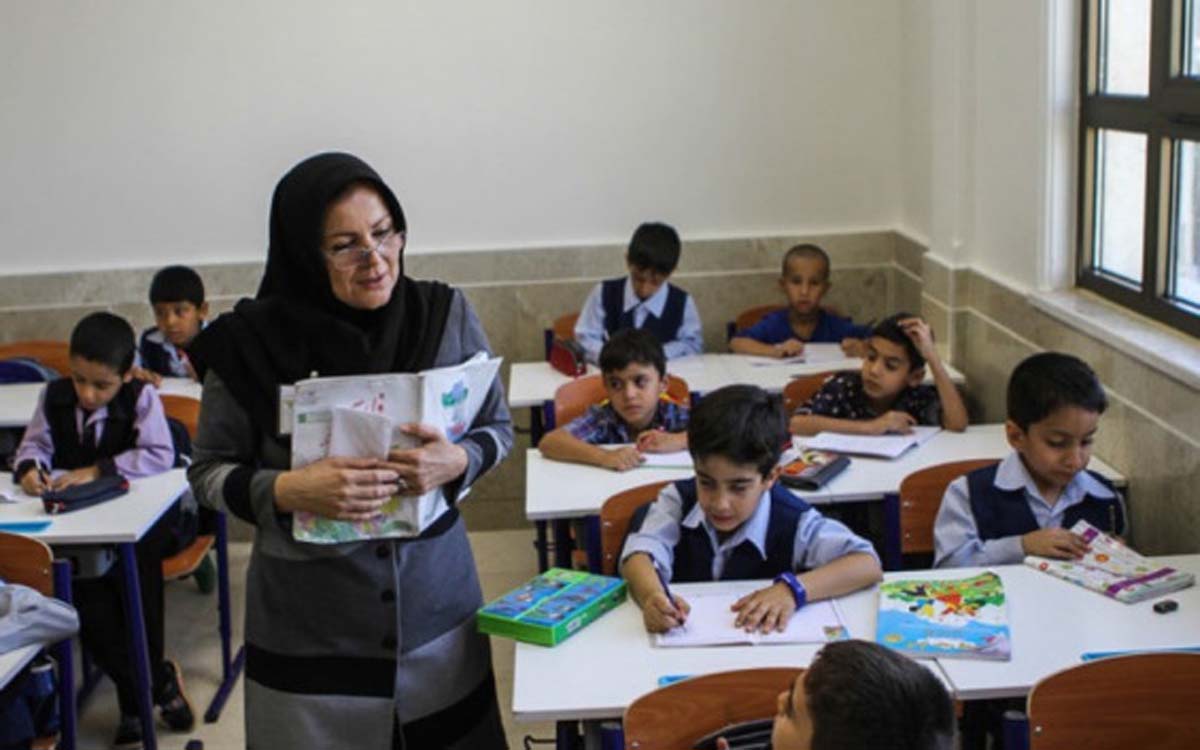

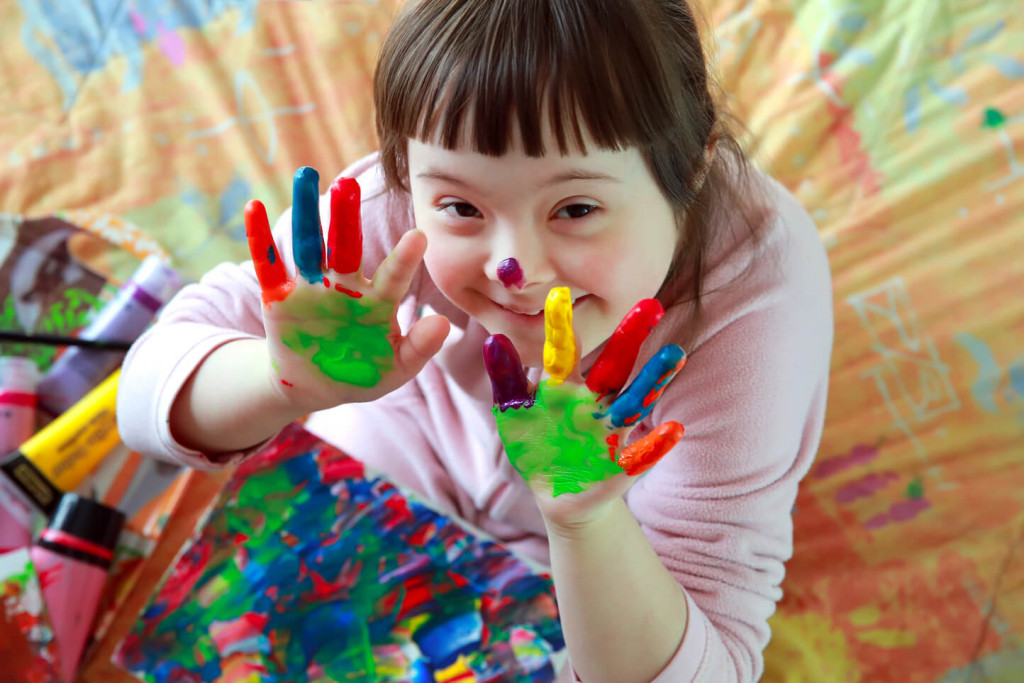





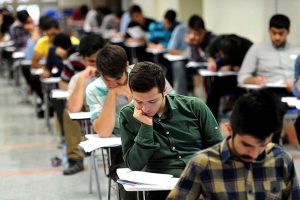

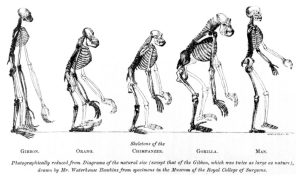



















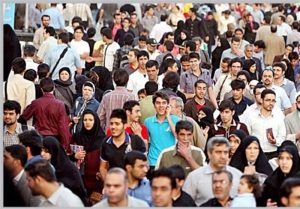
Post Comment